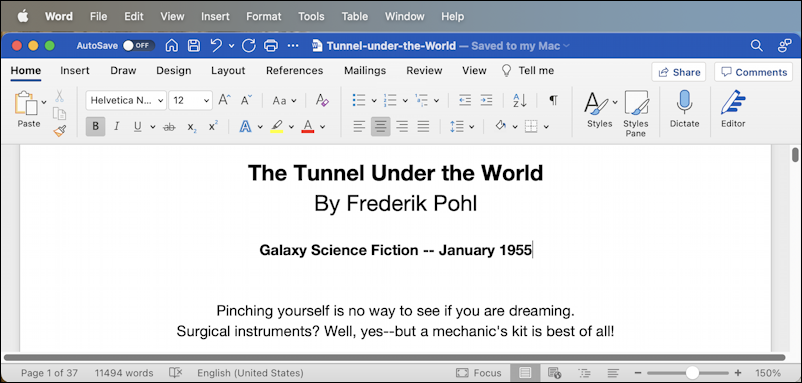

Pdep_marker_stream = pablo.BitStream(generate_pdep_stream(field_width_stream, Idx_marker_stream = pablo.BitStream(int('11101', 2))Ĭsv_column_names = """Simple CSV transduction test with empty fields, more complex idx, different pack_size. line is inside the test_unicode function. Is this a bug? In other editors, if I select a chunk of text and then do a find/replace, it will only find/replace matches within the selected block.īelow is a snippet that you should be able to reproduce the issue with. s in the document are replaced, not just the ones in the line I've select, even when I toggle the "Find in selection" button. However, when I highlight the line and do a find/replace for. (in)> finds "in" and "within," but not "interesting.I have the following line in a file I'm editing in VSCode:

One or more occurrences of a character or finds "lot" and "loot." Tck finds "tock" and "tuck" but not "tack" or "tick."Įxactly n occurrences of a character or expressionĪt least n occurrences of a character or expressionĪ range of occurrences of a character or expression Mst finds "mist" and "most" but not "mast."Īny single character except characters in the range inside the brackets Ight finds "right" and "sight" and "tight."Īny single character except the characters inside the brackets You can refine a search by using any of the following wildcard characters. Select Replace All, Replace, or Find Next. Select Special, select a wildcard character, and then type any additional text in the Replace with box. Select the Replace tab, and then select the Replace with box. Word will find "Newman Belinda" and replace it with "Belinda Newman." For example, type (Newman) (Belinda) in the Find what box and \2 \1 in the Replace with box. You can search for an expression and use the \ n wildcard character to replace the search string with the rearranged expression. For example, search for to find "presorted" and "prevented." You can use parentheses to group the wildcard characters and text and to indicate the order of evaluation. For example, type \? to find a question mark. To search for a character that's defined as a wildcard character, type a backslash (\) before the character. You can also enter a wildcard character directly in the Find what box instead of selecting an item from the Special pop-up menu. To cancel a search in progress, press + PERIOD.


 0 kommentar(er)
0 kommentar(er)
